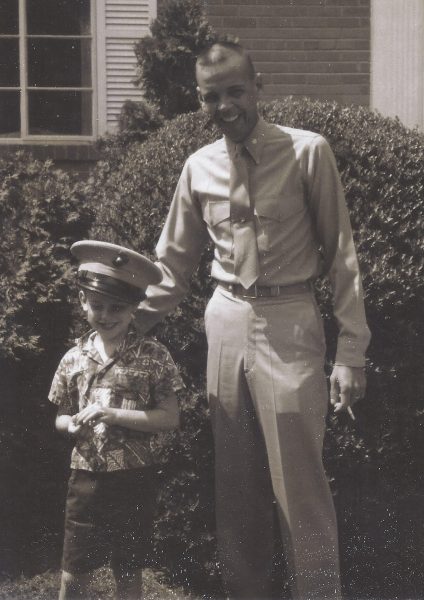My father was a career Marine deployed to Vietnam twice during my childhood. Each time he was away from home for 14 months.
The first tour was in 1966 and airmail letters were the only communication with him. I remember the one HAM Radio call that came through provided by volunteer HAM radio operators bridging between our home telephone and southeast Asia, the other side of the world. The experience was dramatic for its day. Our cryptic conversation with my father’s static-filled voice was peppered with “overs” between our sentences.
We religiously watched the fatherly Walter Cronkite cover the evening news each night, praying that our father lived through another dangerous day “in-country.”
The second tour was in 1970 and personal cassette tape recorders were the modern communication tool. My father bought two recorders. One for him and one for us. We would anxiously exchange cassette tape boxes covered in airmail stamps. Over the long months, my mother would close her bedroom door and lie down in the dark, listening to my father’s familiar voice. She would often return from her room with tearful red eyes. We respected each other’s privacy in both listening to personal tapes from my father and in recording personal messages to him.
My mother was constantly in touch with other Marine Corps wives and friends. I distinctly remember the call with the tragic news that a Marine husband was killed in a helicopter crash. I still see my mother sobbing in the darkness of our living room after the call. The tension and emotion unraveling on its assigned rounds.
We were fortunate. My father came home each time, skinny and brown as a nut in his crisp Marine Corps uniform. Dulles Airport outside Washington was the physical departure and arrival point during those years. To this day, I cannot walk the concourse of that airport, or see its distinctive silhouette, without envisioning my towering father in uniform and stirring the deep emotions of profound sadness and joyous reunions I associate with the Vietnam War.


